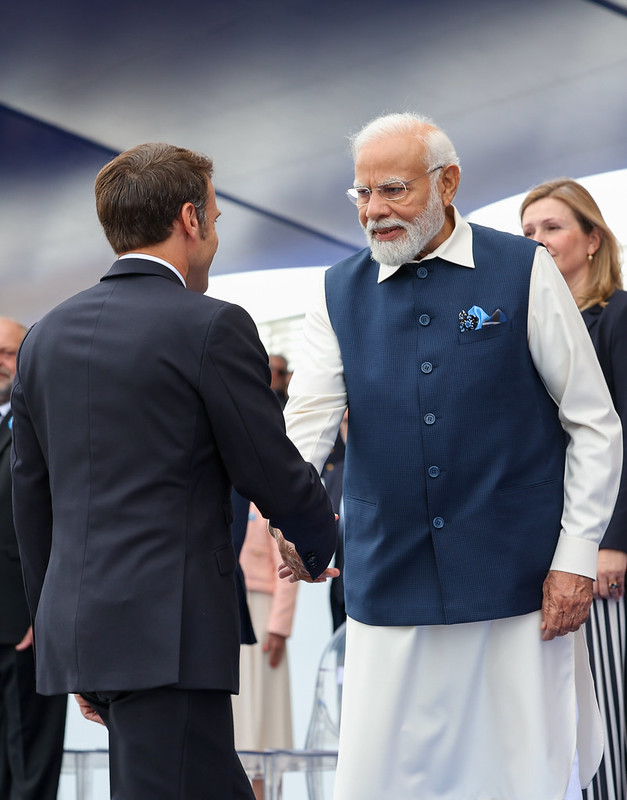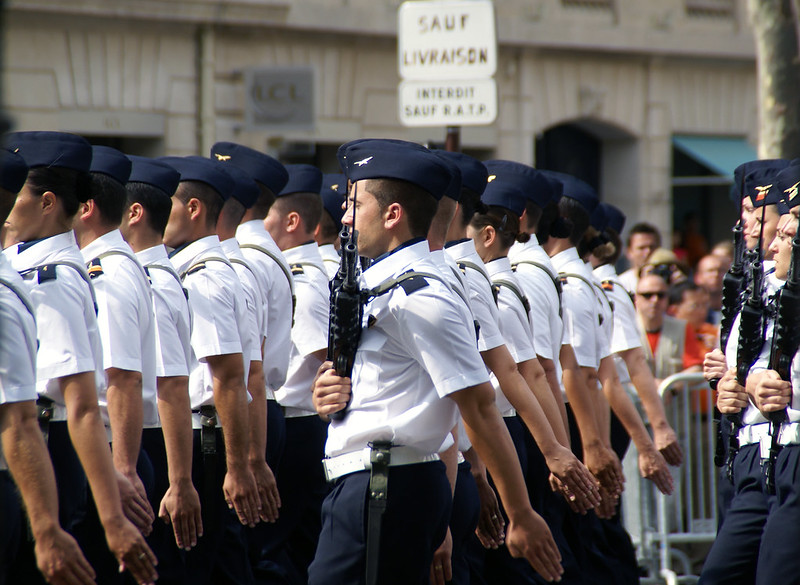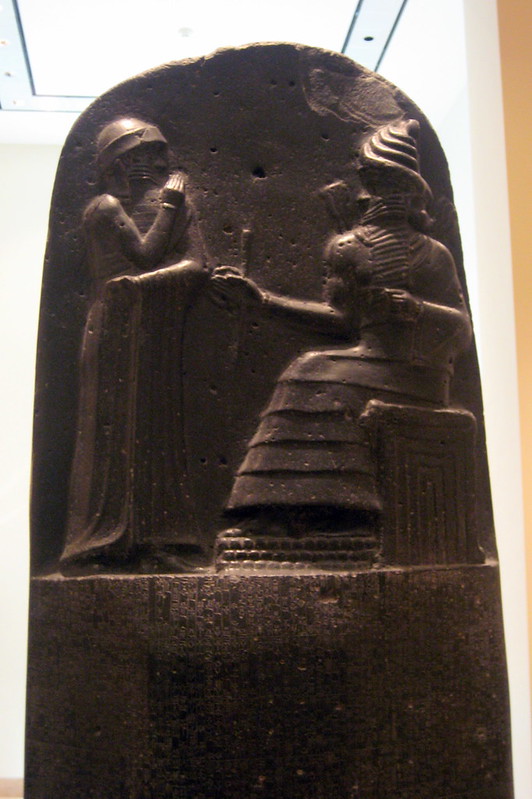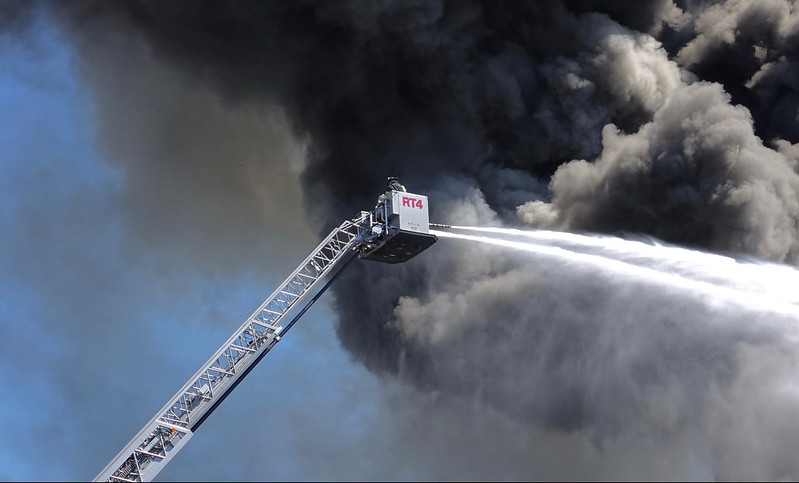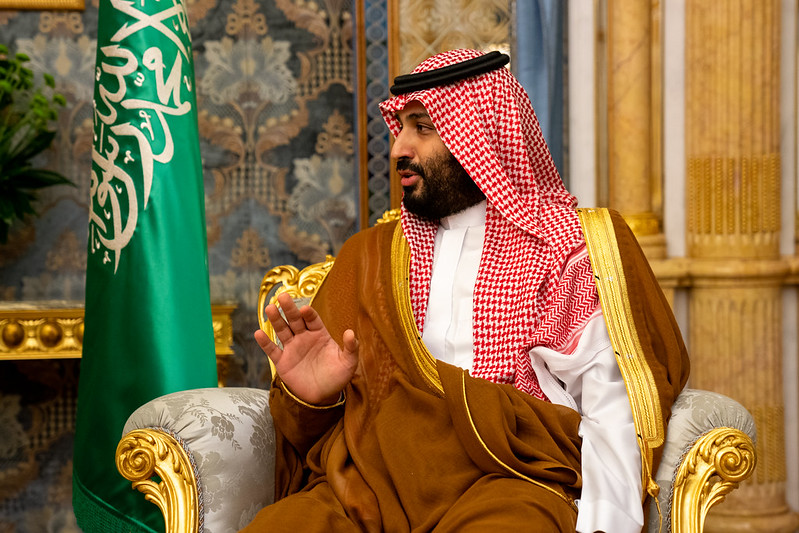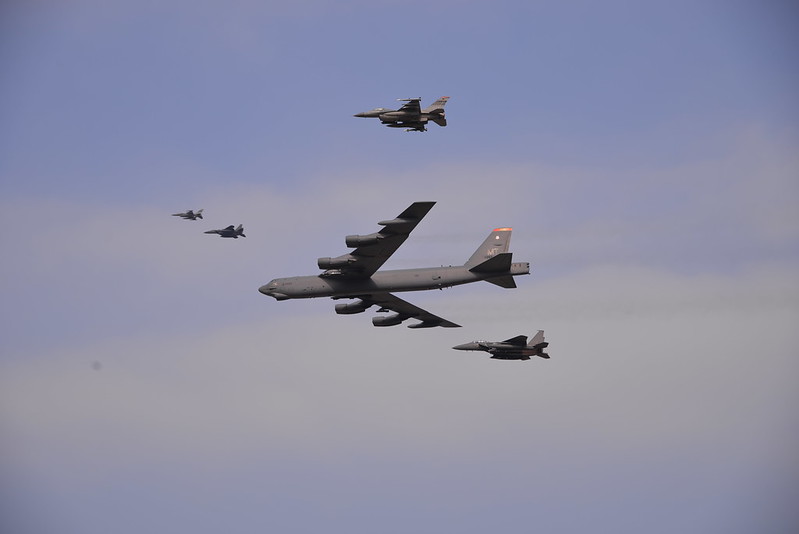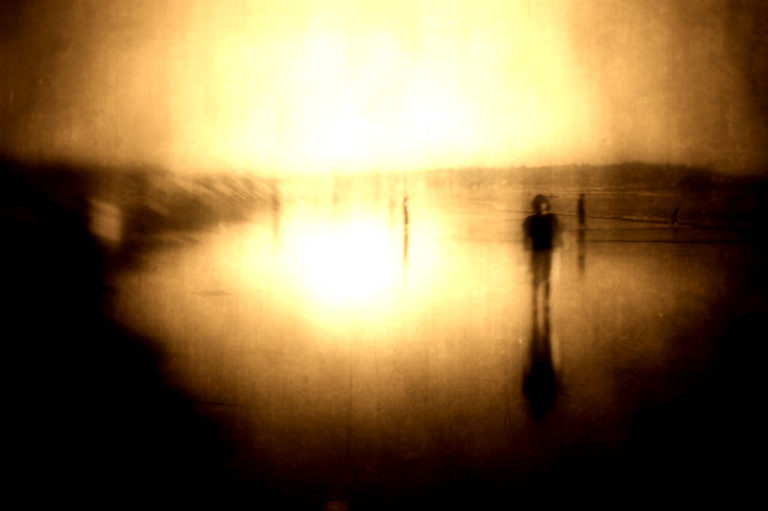Letter from La Vigie, 4 Sept. 2024

Olympic truce
The Paris Olympics were a welcome truce, providing the positive emotions that are so rare these days. For all that, politics did not disappear, but they did take a back seat.
To read the article, click here
Fragile Suriname
Suriname is France’s last overseas border country. It’s a peaceful country, but the rule of law is relatively weak, yet it’s key to improving security in French Guyana. It would be very useful to redirect our development aid towards this country in order to strengthen police and military cooperation.
To read the article, click here
Lorgnette: Vice and Afghanistan
Who cares about Afghanistan any more? Not a soul. Do a search on the Internet and you won’t find any recent articles, apart from those on the recent decision by the Taliban, in the name of ‘preventing vice and promoting virtue’, to impose new restrictions on women: they will have to cover their faces and will no longer be able to make their voices heard in public. This obsession with silencing women reflects a general problem with Islam. International condemnations have had no effect.
The fact remains that three years after the departure of the Americans, the country is a black hole. Some countries maintain diplomatic relations with the country (China, Russia) while many look the other way. For many, the Taliban regime guarantees a certain stability. Similarly, the fight against opium is producing results (95% reduction in production). But the Emirate has not obtained the international recognition it had hoped for in the first year. But it has not managed to fight terrorist groups and the Islamic State in Khorassan continues to strike (attack in Moscow in March). The economic situation is catastrophic. Unfortunately, no pressure seems to be working. It’s a real vicious circle.
JOVPN
Subscribers: click directly on the links to read online or download the pdf issue (here), always with your login/password. New readers: read the article by issue, by clicking on each article (€2.5), or subscribe (discovery subscription €17, annual subscription €70, orga. subscription €300 excl. tax): here, the different options.
Photo credit: nix|photo on Visualhunt.com

